In an unexpected turn of events, US Senator Chuck Schumer has publicly criticized Israeli Prime Minister Benjamin Netanyahu, urging for a change in leadership amidst escalating tensions in the Middle East. Schumer's remarks, delivered in a Senate speech on Friday, highlight growing concerns over the Israeli government's handling of the conflict with Gaza and its implications for regional stability.
Schumer, a longtime supporter of Israel, condemned Netanyahu's approach, stating that the ongoing violence in Gaza has led to a significant loss of civilian lives and risks isolating Israel from its allies. He emphasized the need for a new direction and called for fresh elections in Israel as a means to bring about change.
The senator's comments have sparked controversy and drawn swift responses from both Israeli and American officials. Tel Aviv has strongly criticized Schumer's remarks, labeling them as interference in Israel's internal affairs. Israeli Ambassador to the United States, Michael Herzog, asserted Israel's sovereignty and defended its actions against what he described as terrorist threats.
Meanwhile, the White House sought to distance itself from Schumer's statement, emphasizing that his remarks reflect his personal views and do not represent the stance of the Biden administration. US State Department spokesman Matthew Miller reiterated this stance, underscoring the separation of powers between Congress and the executive branch.
The latest tensions in the region stem from the October 7 ambush by Hamas, which resulted in significant casualties among Israelis. Since then, Israel has launched a series of retaliatory attacks on the Gaza Strip, leading to further escalation and international concern over the humanitarian crisis unfolding in the region.
Schumer's unexpected stance marks a departure from his previous unwavering support for Israel, signaling a shift in the political landscape and raising questions about the future of US-Israel relations. As calls for change reverberate across the Senate, the Middle East remains on edge, with the prospect of fresh elections in Israel adding another layer of uncertainty to an already volatile situation.



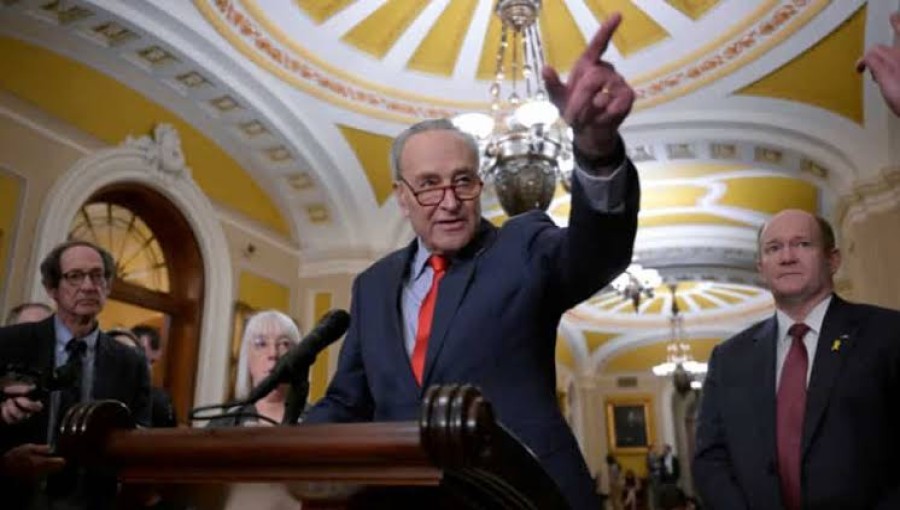

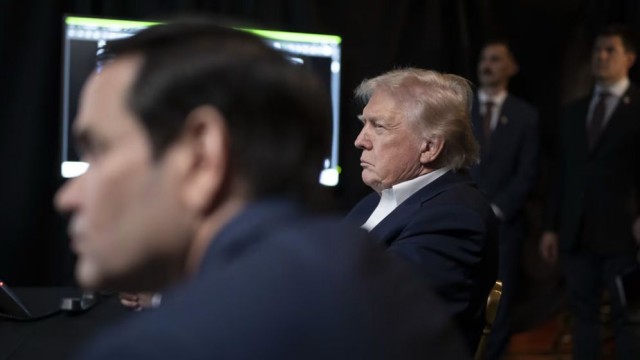

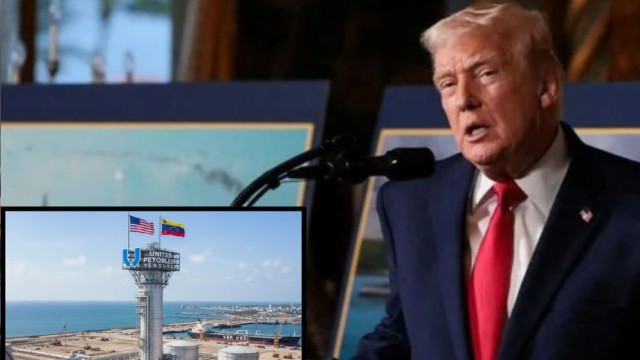
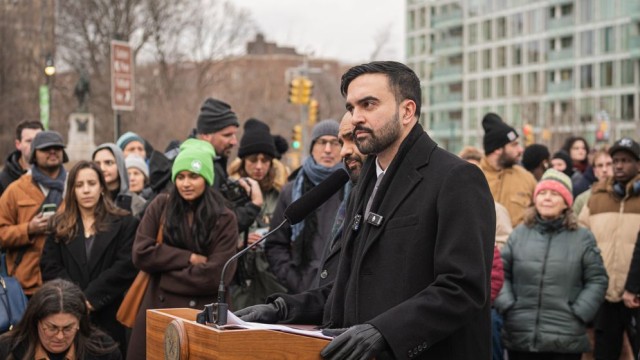

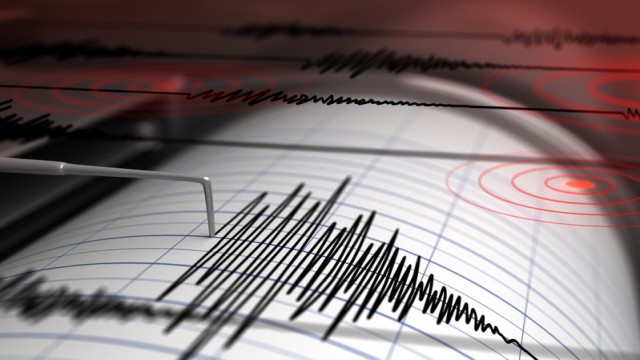

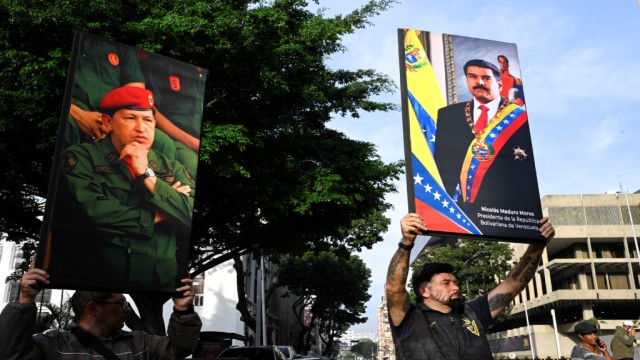








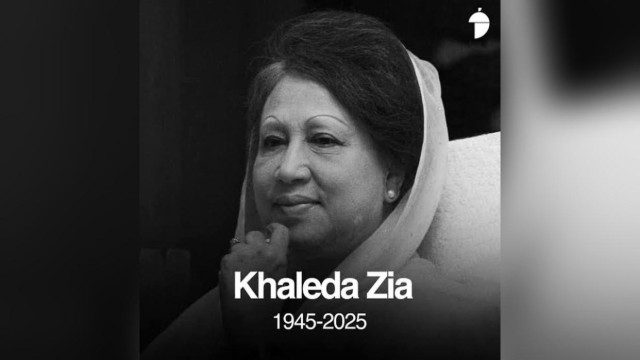





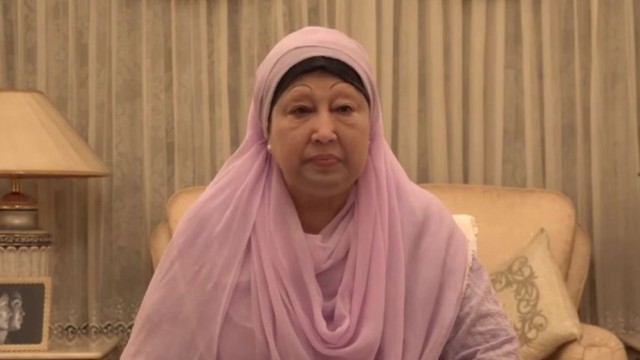


Comment: